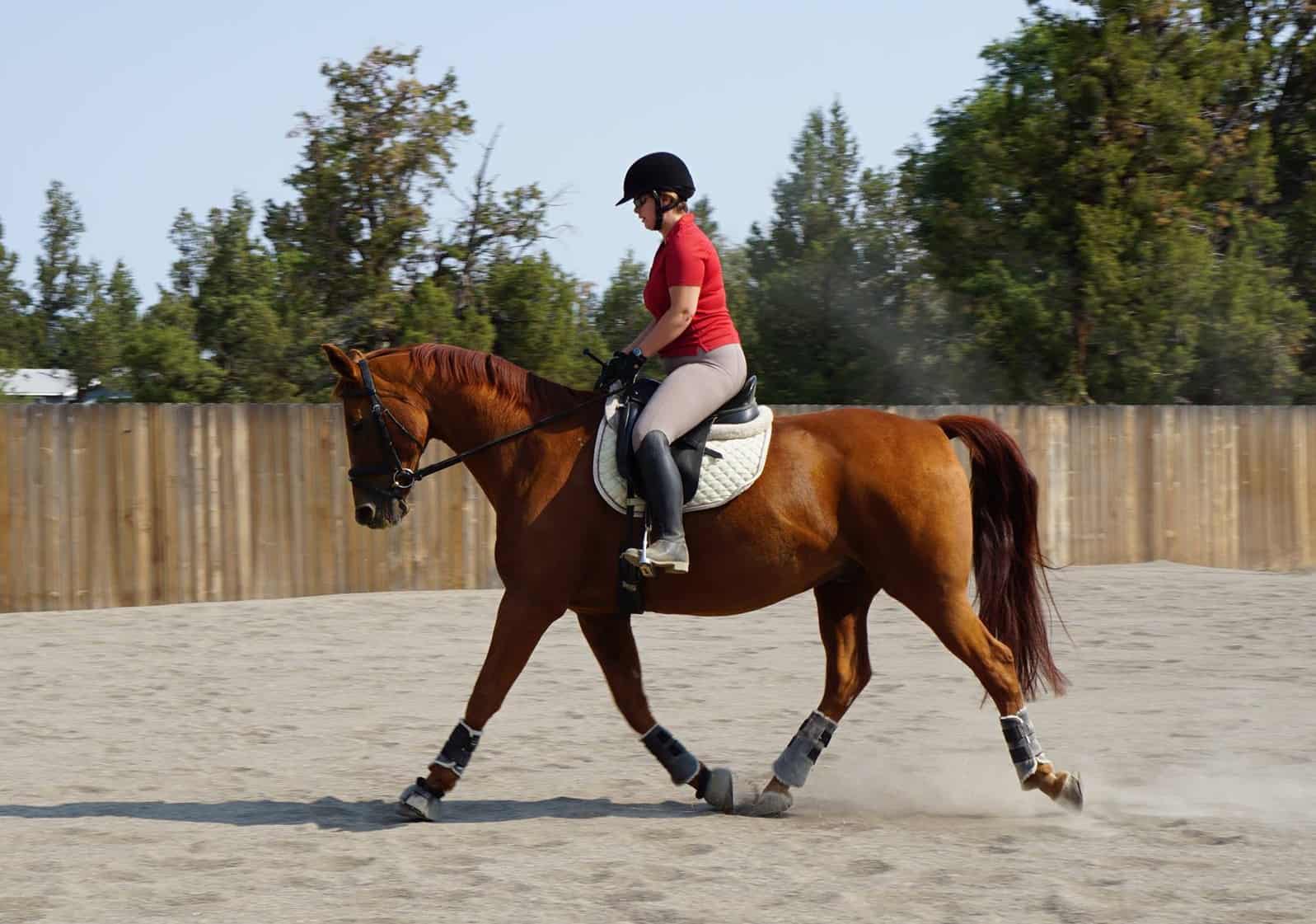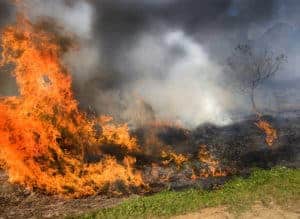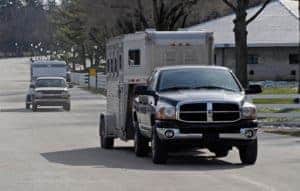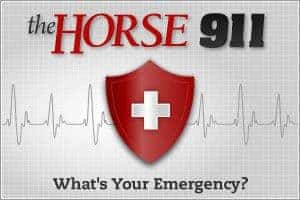Top 4 Mistakes Responders Make During Equine Emergencies
When emergency responders arrive at the scene of an urgent situation involving a horse, surely everything will go smoothly, right? Not necessarily. While many emergency situations are resolved without incident, emergency responders might not always understand how to best deal with horses. Here are the top four mistakes they can make when working with equids.
1. Chasing a loose horse to “capture” it
Shocking stories abound of police officers attempting to apprehend a loose horse by chasing it with a car or on foot. A short search on YouTube yields a trove of videos and pictures of these types of responses. Warning: Many of these are difficult to watch and might involve impacts with cars, humans, and other objects. These chases result from a lack of training, and officers often base their responses on instinctual predatory human behavior (we all do this as a reaction to a stressful situation!).
Just this week in the news was a story of ten police officers responding to chase a pony that was loose.
Trained officers know that, by chasing a horse, they will only increase the chance of the animal getting injured (or killed) or injuring a bystander or well-meaning responder. The use of a vehicle to chase a horse is ridiculous and fraught with danger. Horses can actually run themselves to death when being chased, as well as impact objects, people, and vehicles. Or, they can fall into holes or pits. Chasing on foot or attempting to lasso the animal is similarly dangerous for the horse, as well as for people
Create a free account with TheHorse.com to view this content.
TheHorse.com is home to thousands of free articles about horse health care. In order to access some of our exclusive free content, you must be signed into TheHorse.com.
Start your free account today!
Already have an account?
and continue reading.

Written by:
Michelle Anderson
Related Articles
Stay on top of the most recent Horse Health news with














